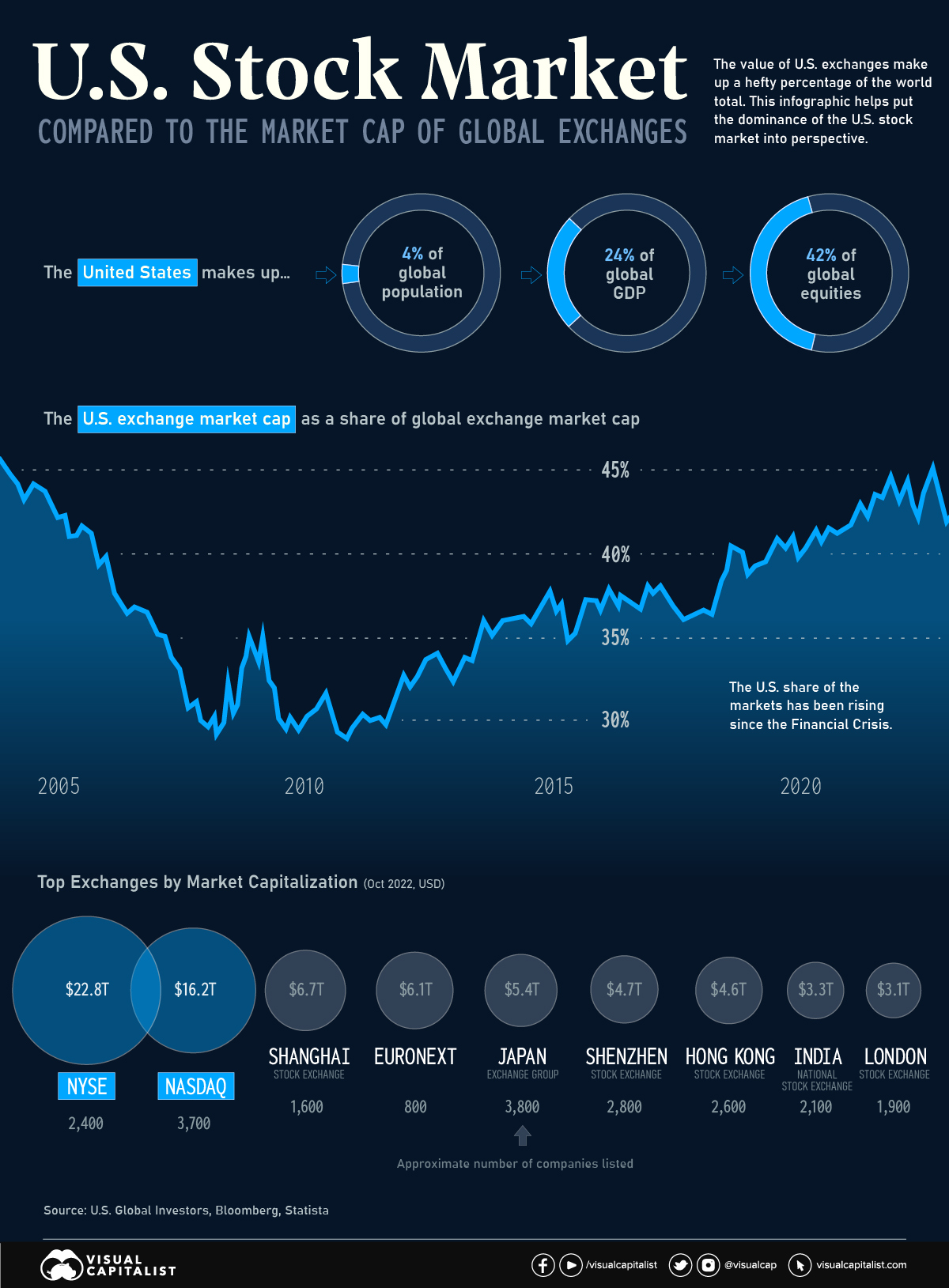Rise by Six: Your Daily Dose of Inspiration
Explore insights and stories that elevate your day.
Why Stocks are Like Relationships: Timing is Everything
Discover how timing in stocks mirrors relationships and unlock the secrets to investing success! Don't miss out on this unique perspective!
The Importance of Timing: Navigating the Stock Market Like a Relationship
The stock market, much like a relationship, thrives on the importance of timing. When you initiate a relationship, choosing the right moment to express your feelings is crucial; similarly, entering the market at the right time can greatly influence your success. Understanding market trends is akin to gauging the emotional climate in a relationship. Just as you wouldn’t confess your love during a heated argument, you wouldn’t invest in a stock during a downturn without considering the broader economic context. Instead, wait for the tides to turn, akin to observing a partner's mood, allowing you to make informed decisions that lead to a fruitful outcome.
Moreover, maintaining a successful relationship requires consistent communication and adaptability, mirroring the strategy needed for effective stock market navigation. Investing is not a one-time decision; much like in love, you must continuously evaluate and reassess your choices based on the evolving landscape. Just as partners grow together and adjust to life’s challenges, investors must stay proactive, analyzing market shifts and reacting accordingly. In both scenarios, patience and timing are not just essential; they are the foundations upon which successful outcomes are built.

Investment Strategies: When to Hold On and When to Let Go
Investment strategies are essential for navigating the unpredictable world of finance. One of the biggest challenges investors face is determining when to hold on to an asset and when to let go. Holding on can be beneficial in a growing market, particularly if the fundamentals of the investment remain strong. This approach is often summarized in the mantra 'buy and hold,' encouraging investors to stay the course during market volatility. However, it is crucial to analyze market trends, economic indicators, and personal financial circumstances regularly to assess whether it's advantageous to maintain your position or start planning an exit strategy.
On the flip side, knowing when to let go is equally important to protect your investments from potential losses. Signs that it might be time to sell include persistent underperformance, changes in the company’s fundamentals, or shifts in market dynamics that indicate a broader downturn. A proactive approach involves maintaining a dynamic portfolio, allowing you to adapt to new information. The decision to hold or sell should always be informed by thorough analysis and consideration of your overall investment goals. Remember, a smart investor always weighs risk versus reward when making these choices.
How Emotional Intelligence Influences Your Stock Decisions
Emotional intelligence plays a crucial role in shaping our financial decisions, particularly in the volatile world of stock trading. Investors with high emotional intelligence are better equipped to understand and manage their own emotions, as well as those of others. This capability allows them to respond to market fluctuations with a level-headed approach rather than succumbing to panic or excitement. For instance, during a market downturn, an emotionally intelligent trader may recognize their feelings of fear and resist the urge to sell impulsively, instead choosing to analyze the situation and make informed decisions based on data rather than emotions.
Moreover, emotional intelligence enhances the ability to empathize with other market participants, which can provide insights into investor behavior. By recognizing patterns in crowd psychology, emotionally intelligent investors can better anticipate market movements and capitalize on opportunities that others might miss. This is particularly evident in situations fueled by market sentiment, such as during stock rallies or crashes. By understanding the emotional drivers behind these movements, you can position yourself strategically, making choices that align with rational analysis and long-term goals rather than being swayed by fleeting trends.